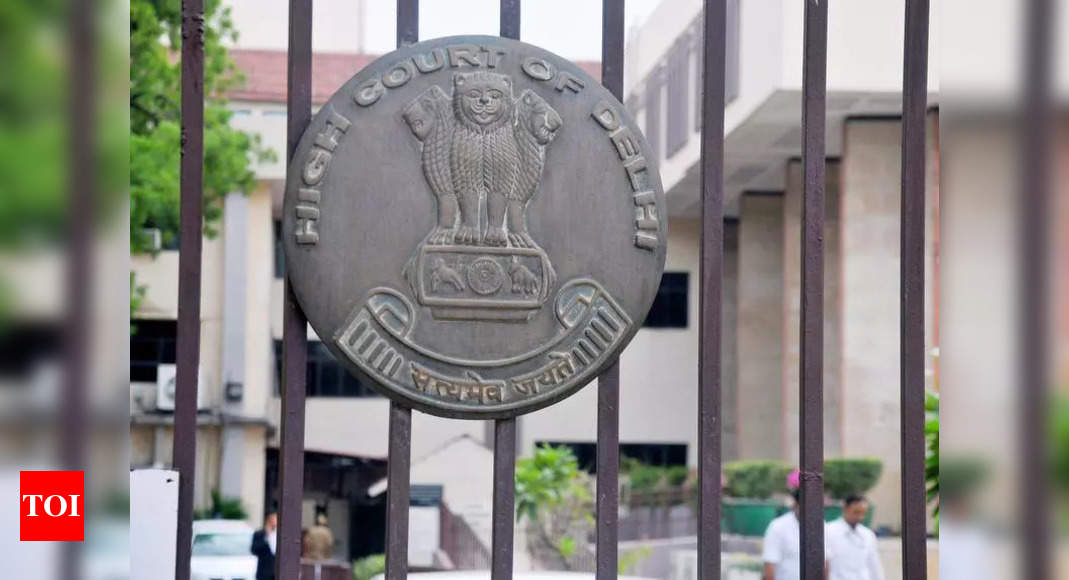
Mumbai/Delhi: Idiopathic pulmonary fibrosis (IPF), the lung disease that claimed tabla maestro Zakir Hussain, is one of the most difficult conditions to treat because there are no proven medications. Specialists in Mumbai and Delhi, whom TOI spoke to, said two anti-fibrotic medications aimed at reducing the scarred lung tissues are the mainstay of IPF treatment. “Most of our patients don’t survive beyond three to four years after the diagnosis,” said Dr Priti Meshram, who heads the respiratory medicine department at Maharashtra govt-run JJ Hospital in Byculla.
The specialists said two anti-fibrotic medications aimed at reducing the scarred lung tissues are the mainstay of IPF treatment. “Most of our patients don’t survive beyond three to four years after the diagnosis,” said Dr Priti Meshram, who heads the respiratory medicine department at Maharashtra govt-run JJ Hospital in Byculla.
Pulmonologist Dr Sujeet Rajan from Bhatia Hospital, Tardeo, though, said ongoing clinical trials for at least two compounds should help increase life expectancy a bit more. IPF is a condition in which lung tissues thicken and cause scarring. “The scarred tissues impair oxygen transfer and make breathing increasingly difficult,” said Dr Sourabh Pahuja from Amrita Hospital, Faridabad. It roughly affects 13-20 people per 100,000 people worldwide, said Dr Sandeep Nayar from BLK-Max Super Speciality Hospital, Delhi.
One of the main problems with IPF in India is delayed diagnosis. The mean time between the appearance of symptoms and a diagnosis is between six months and one year in the West. “In India, apart from the metro cities, the symptoms-to-diagnosis time is longer,” said Dr Rajan. Given the high incidence of tuberculosis (TB) in India, it’s likely the first diagnosis that a patient receives when he goes with the symptoms of coughing and breathlessness—that are common to both TB and IPF. “Moreover, IPF shows up in most X-rays as a subtle shadow that is rarely considered worrisome,” said Dr Rajan.
Dr Randeep Guleria, former director of AIIMS who is with Medanta Gurgaon at present, told TOI the cause of IPF is not known, but recent studies suggest genetic and environmental factors play a role. “Also, IPF is a disease that affects older people. As longevity is rising, so is the incidence of these diseases,” Dr Guleria said. Dr Pahuja said mutations in the MUC5B gene, which produces a mucus protein crucial for lung health, significantly increases the risk, while Dr Nayar added smoking, viral infections, and gastroesophageal reflux disease could also be likely contributors.
Dr Rajan said the incidence is growing worldwide, pointing to a link with rising air pollution. Despite the dismal picture, doctors said research should help in the near future. “I just finished a trial for a new medicine that may be available in the next 12-18 months. Another potential medicine is on trial. Both have shown promising results in stabilising patients,” said Dr Rajan.



